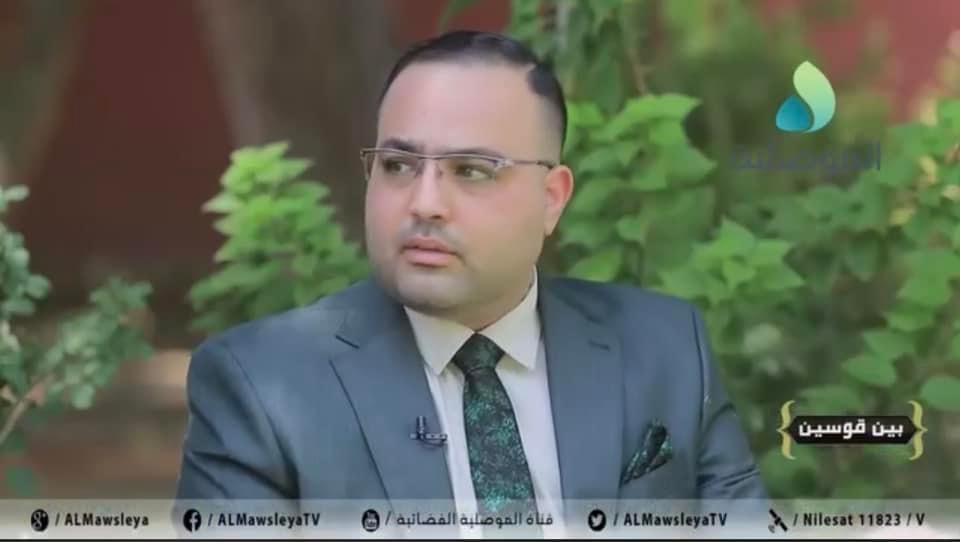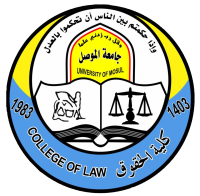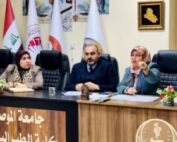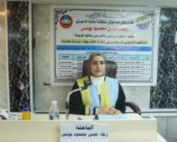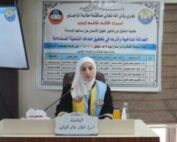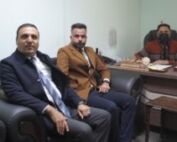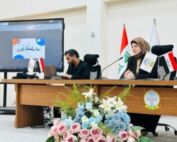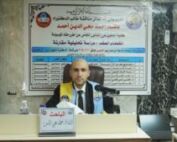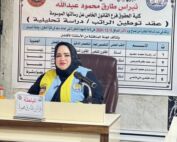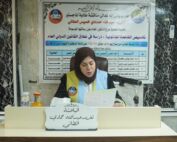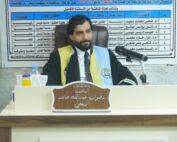12 September، 2023
a TV meeting,,,
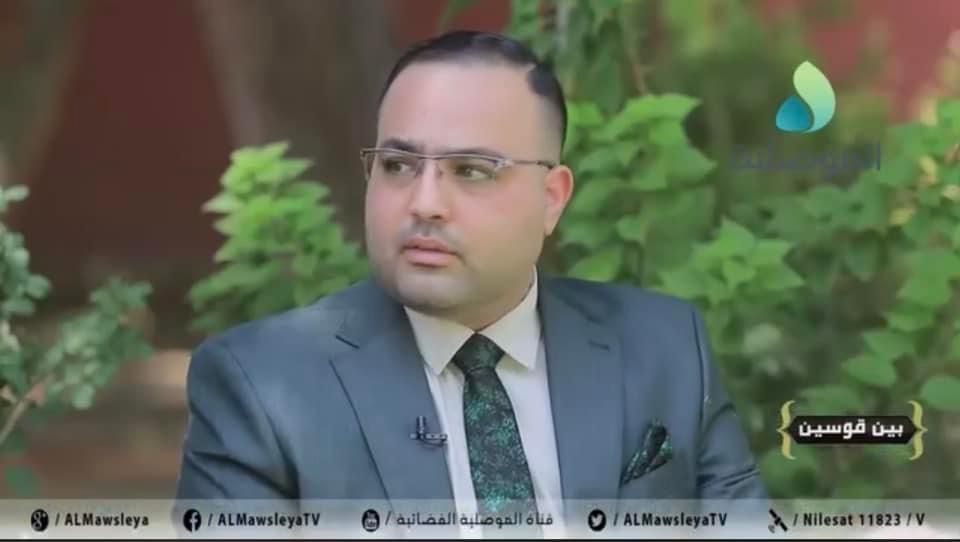
In the interest of the presidency of the University of Mosul, represented by Professor Dr. Qusay Kamal al-Din al-Ahmadi, President of the University of Mosul, in the necessity of community interaction and communication, and with the follow-up of Assistant Professor Dr. Wissam Nemat Ibrahim al-Saadi, Dean of the College of Law, and the members of the College Council, the importance of striving to spread legal culture among the various groups and segments of society, the Mosuliya satellite channel met within A program in parentheses by Dr. Ahmed Faris Idris Al-Hayali, Rapporteur of the Human Rights Law Branch, who highlighted the role of the University of Mosul in reducing the phenomenon of violence against women.
Which is considered a dangerous negative phenomenon that represents a violation of one of the basic pillars of society represented by women, as the phenomenon of violence against women has become widespread and recurrent around the world on an almost daily basis, with serious short- and long-term physical, economic and psychological consequences and effects on women and girls, which may prevent their full participation. And equality in building society and its prosperity in a way whose impact and results cannot be measured, whether on the individual, family or societal level. The circumstances of the Corona pandemic and its measures, including closures, lack of movement, increasing isolation, tension and economic instability, have contributed to a worrying rise in domestic violence, as women and girls have been exposed to… To other forms of violence, such as child marriage and sexual harassment via the Internet, and the above meeting expresses the societal role of our college members in working hard on community awareness and human/individual and family building in a way that contributes to reducing negative phenomena that may sometimes rise to the level of crimes punishable by law. Our college also seeks to exercise its societal role in introducing the rights protected locally and internationally recognized by internal laws and legislation, international charters and agreements, and the role of this in building a calm and cohesive society in which a culture of law prevails and the resulting solid humanitarian results that have a role in progress and prosperity.
